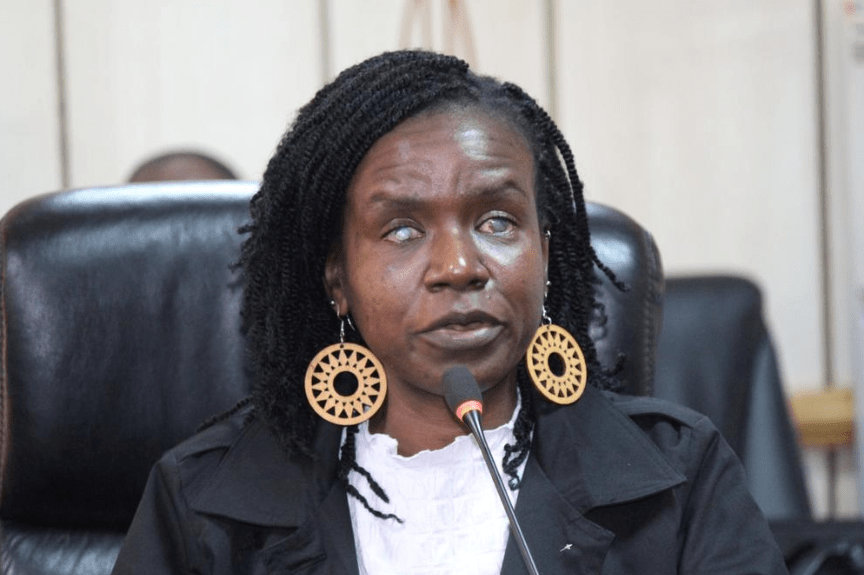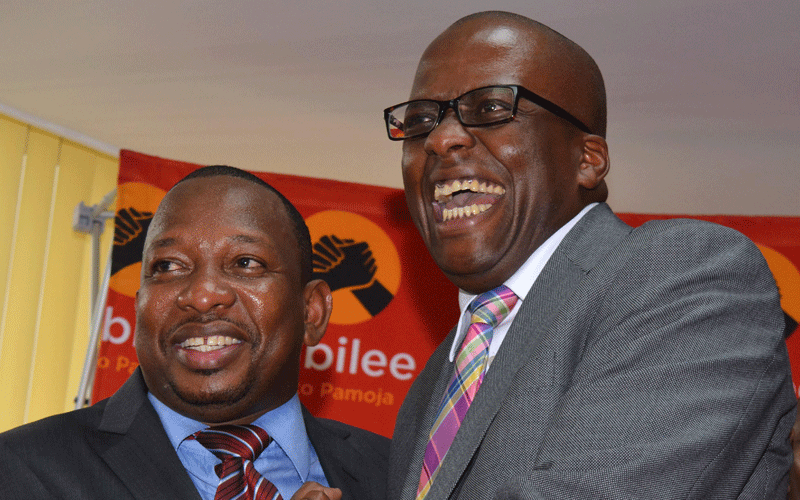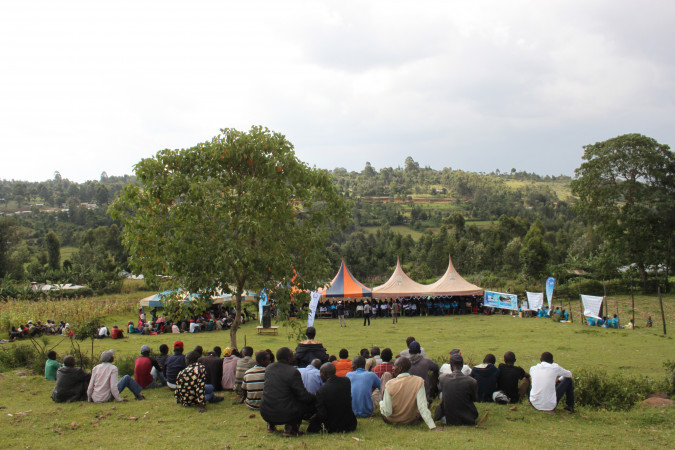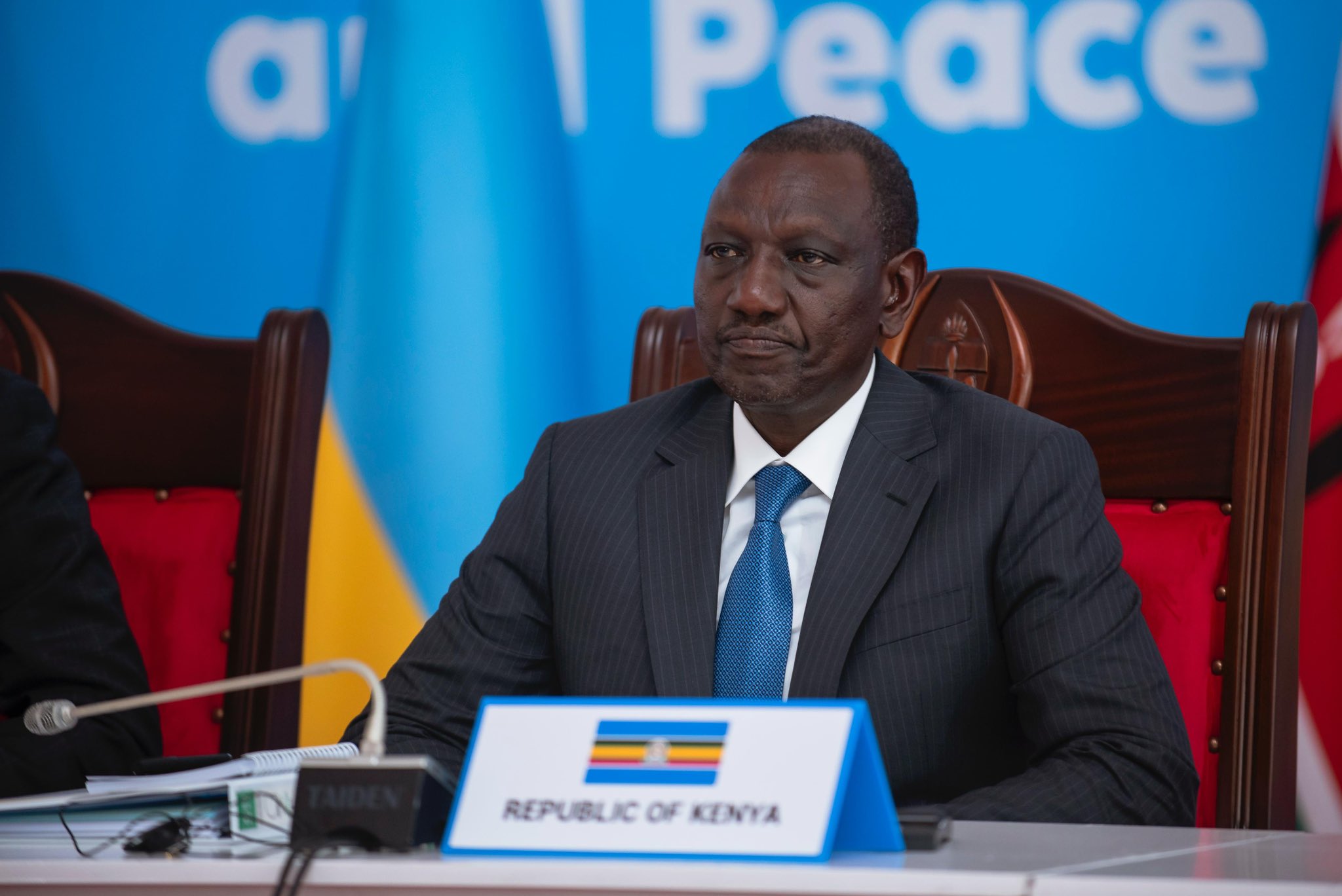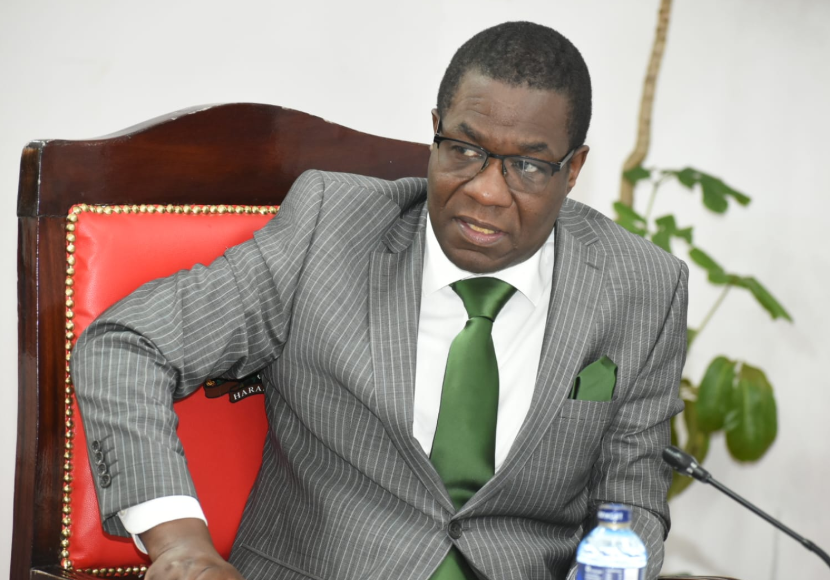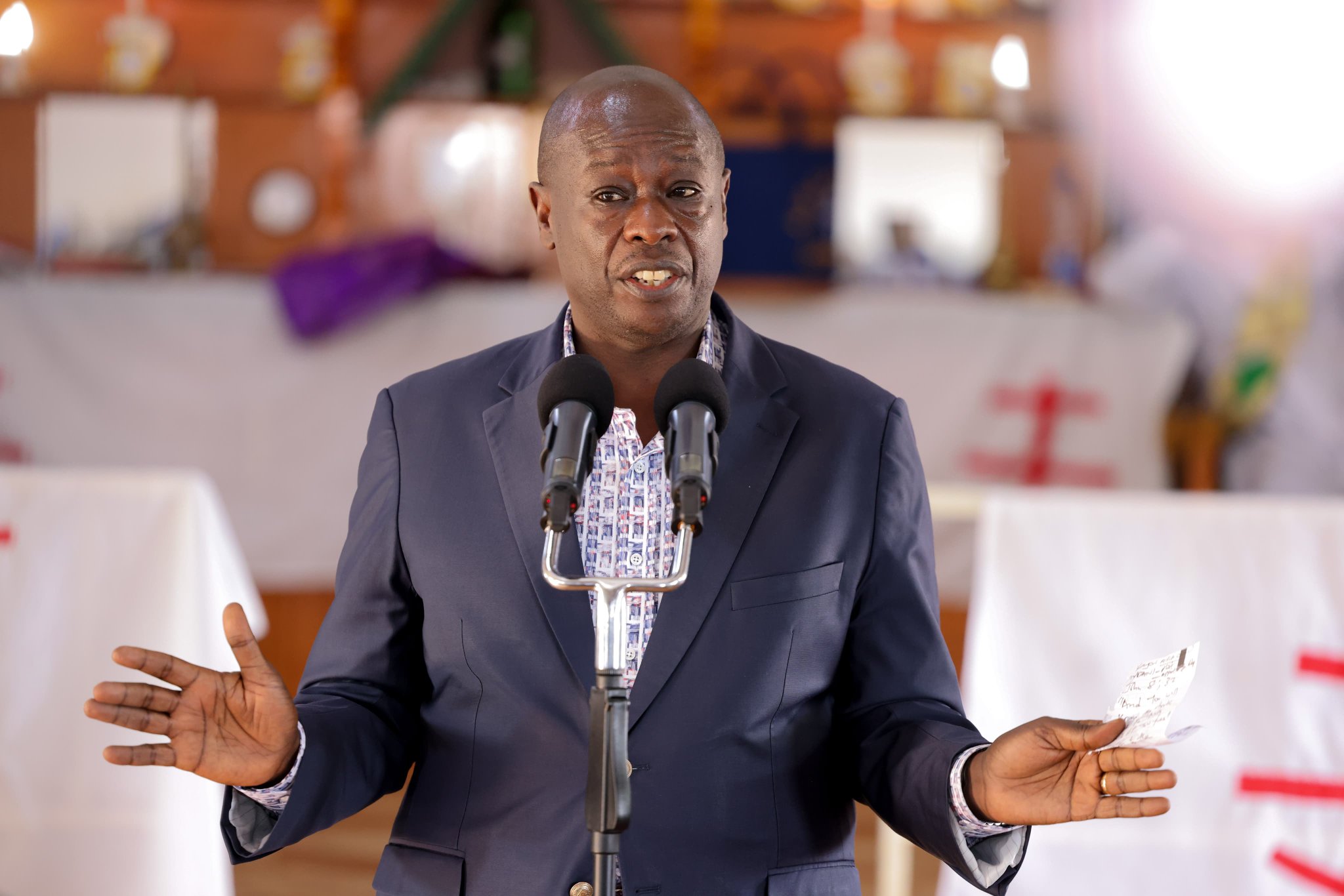BBI’s fate lies in how we frame the messages
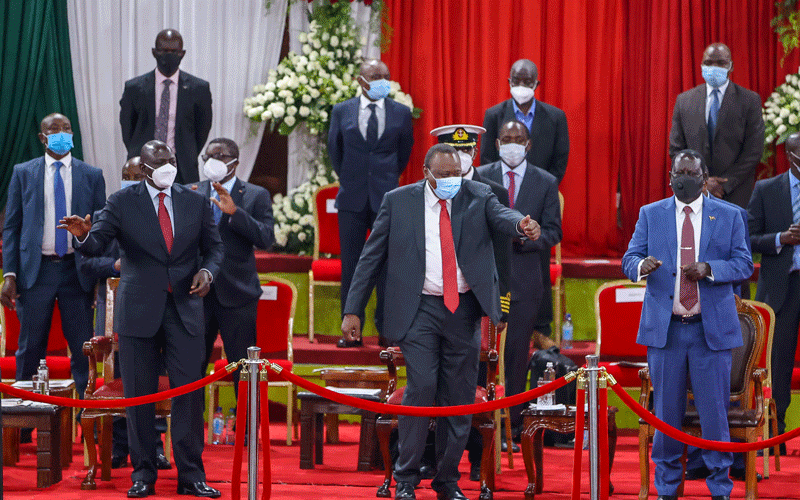
Message framing is critical in political communication. The difference between a political platform being accepted or rejected depends sometimes purely on how the message is framed and sold to the public.
We do not have to go far to demonstrate this. The British, it often appears, are surprised that they voted to leave the European Union.
Once they achieved the results, for a time, they did not know what to do with their success.
Two prime ministers later, they are nowhere close to successfully implementing what they voted for.
Both David Cameron and Teresa May, former Prime Ministers are now history, and Boris Johnson is not doing any better.
The details, in which we have been told the devil hides, can be terribly misleading as well.
That is because the details are easy to manipulate, particularly once you allow lawyers, clever juggler of words, to get involved.
But this is our fate for now. Building Bridges Initiative report has been launched and we are soon going to be called to make a decision on it.
Politics aside (and that is not easy to do in our situation) what are the gains and losses to be had, from a societal point of view, from the Building Bridges Initative proposals now doing the rounds?
In sum, and without going into details, the big gains seem to be the following:
The remission of resources to the counties will go up from 15 per cent to 35 per cent.
That is huge! It essentially means that the government will double, and add some more, the resources being devolved to the counties.
The 15 per cent resources that has been going to the counties has been directed there grudgingly. There are many times when governors have had to scream and shout for the treasury to release the money.
Forget for a moment the counties that have spent the resources in recurrent expenditure and consider those that have put them in developing infrastructure.
They have roads, hospitals, markets, stadia, ambulances among others. They have stirred the regeneration of the countryside that in some cases had not seen development for years. Now imagine more resources going to the same regions.
Then consider the other seeming winners in the BBI document. Youths with businesses will have a tax holiday running into years, and graduates from the universities will wait four years before being required to pay back their loans.
But then there are some drawbacks that those who are opposed to the document are pointing out.
Top on the list is that it increases the size of the government at the top.
The document proposes the creation of posts of prime minister and two positions to deputise that office.
Been there done that. A decade ago the country had a prime minister and that prime minister had deputies. Was Kenya the worse for it? Students of history will construct that.
Next, there is contest as to who to appoint the judicial ombudsman proposed in the document.
For a villager, this is an argument regarding an appointment of some official whose exact role has not been clearly explained.
Then that issue about Independent Electoral and Boundaries Commission (IEBC) and how its officials are usually appointed.
Who in the village remembers how the current ones were appointed in the first place?
You begin to compare and contrast. Will more money to the counties at a little price of having some office called prime minister, two deputies and an official called ombudsman be worth it? Does not appear too difficult a call to be made.
To go back to the call made a long time ago by the late President Daniel arap Moi: Which of these positions will increase the amount of ugali on the table?
Again more resources devolved to the counties wins. Political communication is all about framing our message. —The writer is dean , School of Communication, Daystar University
